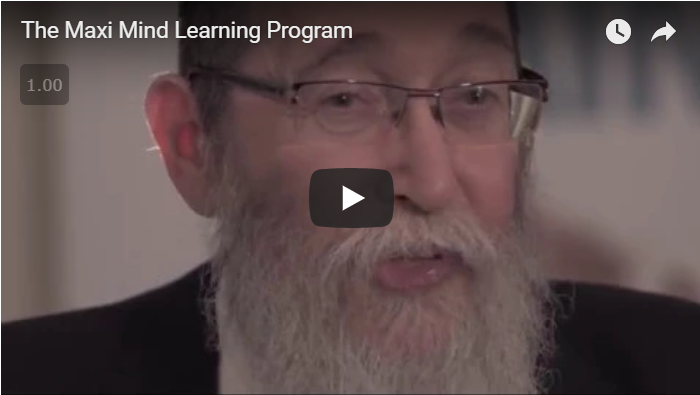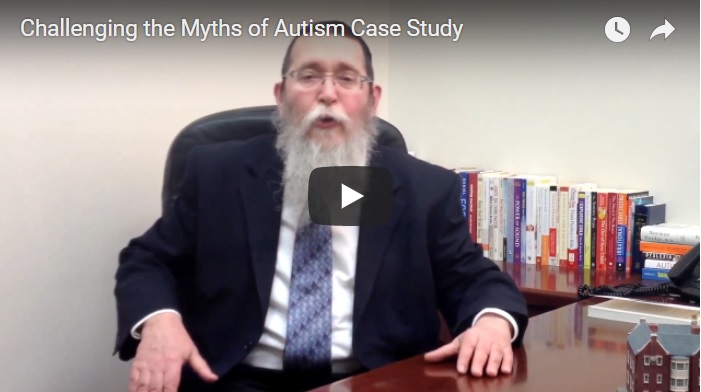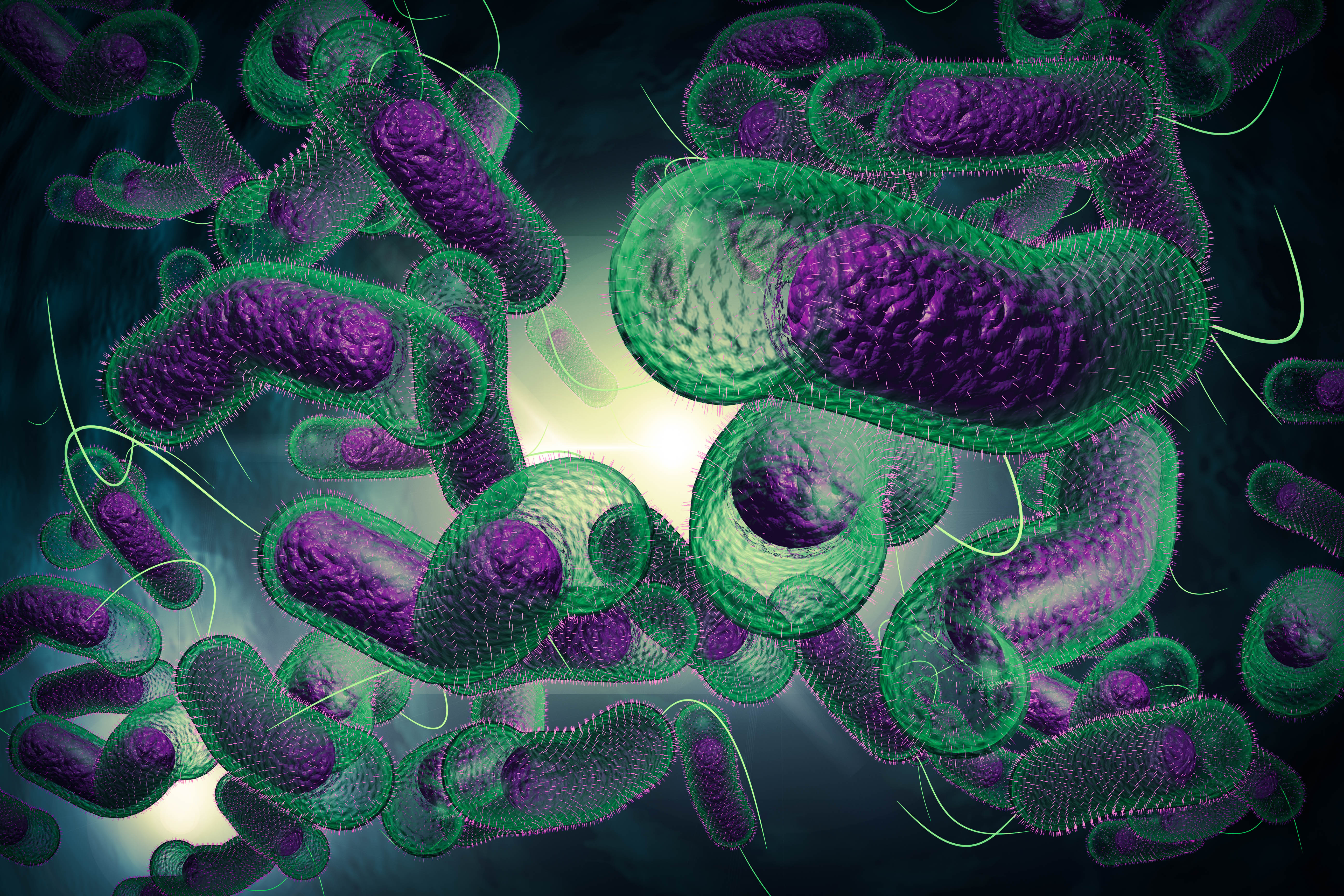Autism Spectrum Disorder (ASD), which disrupts communication and social skills in children, can be a challenge to manage. The key is to be proactive in addressing ASD as quickly as possible after it is discovered. It’s also important to learn as much about ASD as you can so that symptoms can be addressed effectively.
Diet is one way to manage the symptoms of autism. New research indicates that diet can noticeably reduce the symptoms of ASD. While there is plenty of research still to do in this area, preliminary findings look promising. In addition to scientific studies, empirical findings also look very promising. After altering their children’s diets, many parents of autistic children have reported significant improvements in behaviour (1).
Key areas of improvement in diet
Autistic children typically prefer basic food choices, which invariably introduce certain ingredients into their diet, however these ingredients could be magnifying their symptoms. Such ingredients include:
- Gluten
- Sugar
Much research has been done to substantiate the hypothesis that sugar and gluten do in fact magnify symptoms of autism.
Findings supported by Scientific Studies
Paul Whiteley et al. (1) studied a group of autistic children on a gluten-restricted diet for a period of 5 months. Various modes of testing were implemented (observation, psychometric testing, parent & teacher interviews and urinary profiling). A gluten-free diet displayed marked improvements in behaviour for all modes of testing, substantiating the viability of a gluten-free diet as one method for managing the symptoms of autism.
In another study, published in the journal Molecular Psychiatry in June 2015, A Currais et al. found in mice (bred to exhibit autistic behaviours) that a low sugar/low glycemic index diet did indeed show signs of improved behaviour (2). Once again, while more research has to be done, their findings are consistent with similar observations reported by parents who restricted sugar in their autistic child’s diet.
Altogether, there were many notable findings:
Increased social interaction was observed amongst the mice on low glycemic index diets, as well as less compulsive behaviour.
Higher levels of doublecortin were found in mice on a low sugar diet. Doublecortin is a protein that’s involved in the development of neurons and it has been known to assist in memory control.
Greater levels of microglia were discovered in the brains of mice on a high sugar diet. Microglia are the brain’s immune cells and if they are present, this is an indication of inflammation. Studies have shown that there are links between inflammation in the brain and autistic symptoms (3).
Chemical blood markers pointed to the presence of problematic gut bacteria in the group of mice on a high sugar diet. Preliminary studies indicate that the presence of certain intestinal bacteria could stimulate autistic symptoms (3). Future studies will shed more light on whether the nature of intestinal flora is a consideration for autistic symptoms, however it is a well-known fact that sugar can influence intestinal flora in a negative way.
What this means for you and your child
Reducing gluten and sugary foods from your child’s diet, in and of itself, is a good idea however for autistic children, doing so may prove to be especially worthwhile. Low glycemic index foods include choices like nuts, whole grains, vegetables and various meats. Gluten-rich foods to avoid include choices such as bread, pasta, cereals, baked goods, etc.
Given the challenges with autistic children, their preferred food choices and encouraging them to explore other options, it may be difficult at first to restrict certain foods but there are methods parents can implement to gradually transition their children away from foods high in sugar and gluten. Autism Speaks has an article that outlines various techniques that can be implemented to make the transition process easier (4).
Moving Forward
Your best course of action is to simply try making changes and then observe your child’s behaviour patterns. Like many other parents of autistic children, you may be pleasantly surprised with the results.
About Maxi Mind Learning
Maxi Mind Learning provides activity-based Brain Training Courses which have transformed the lives of hundreds of Toronto-area children by teaching them to effectively self-manage their focus, learning, mood and behaviour. To setup a free consultation please call (416) 858-9868 or visit our free consultation page.
References
Paul Whiteley et al. A Gluten-free diet as an intervention for autism a nd associated spectrum disorders: preliminary findings. SAGE Publications & The National Autistic Society: Vol 3(1) 45-65, 1999.
A Currais et al. Dietary glycemic index modults the behavioral and biochemical abnormalities associted with autism spectrum disorder. Molecular Psychiatry, June 2015. Nature.com: http://www.nature.com/mp/journal/vaop/ncurrent/abs/mp201564a.html
org: https://www.autismspeaks.org/blog/2012/11/09/encouraging-picky-eaters-autism-try-new-foods







